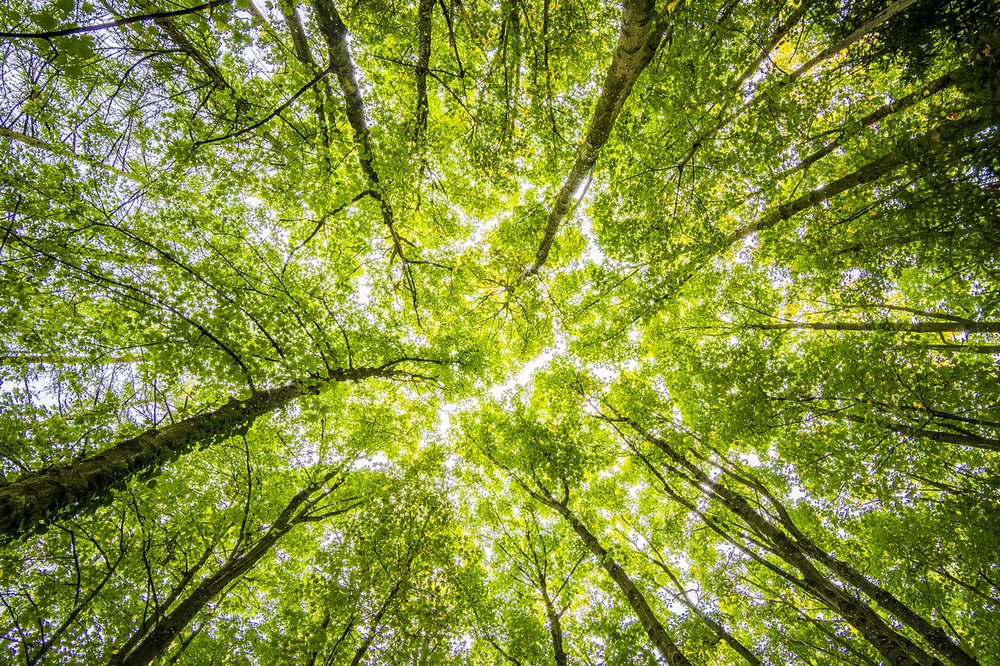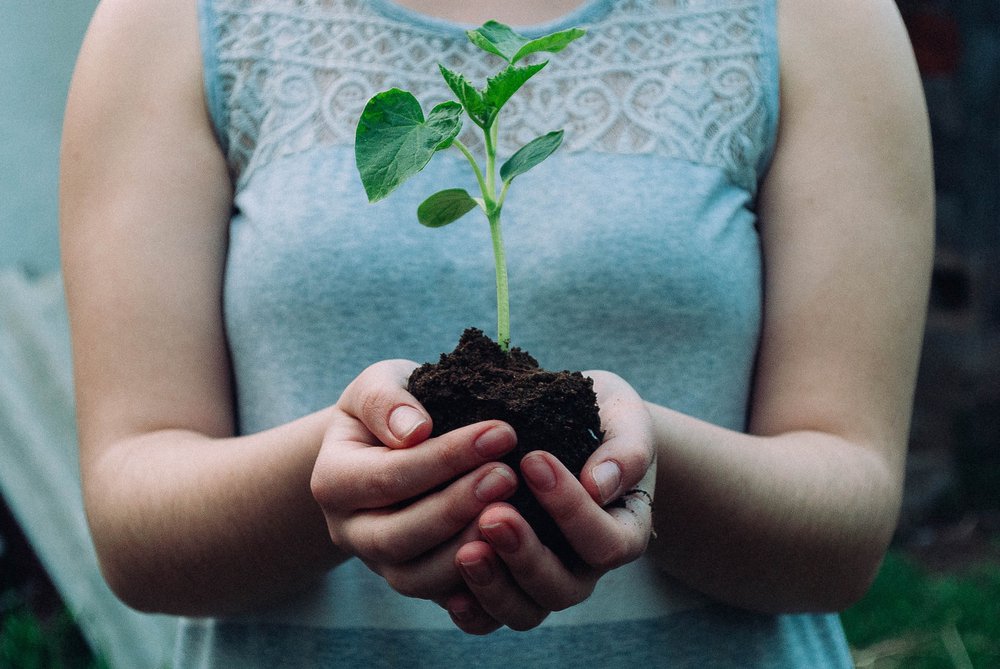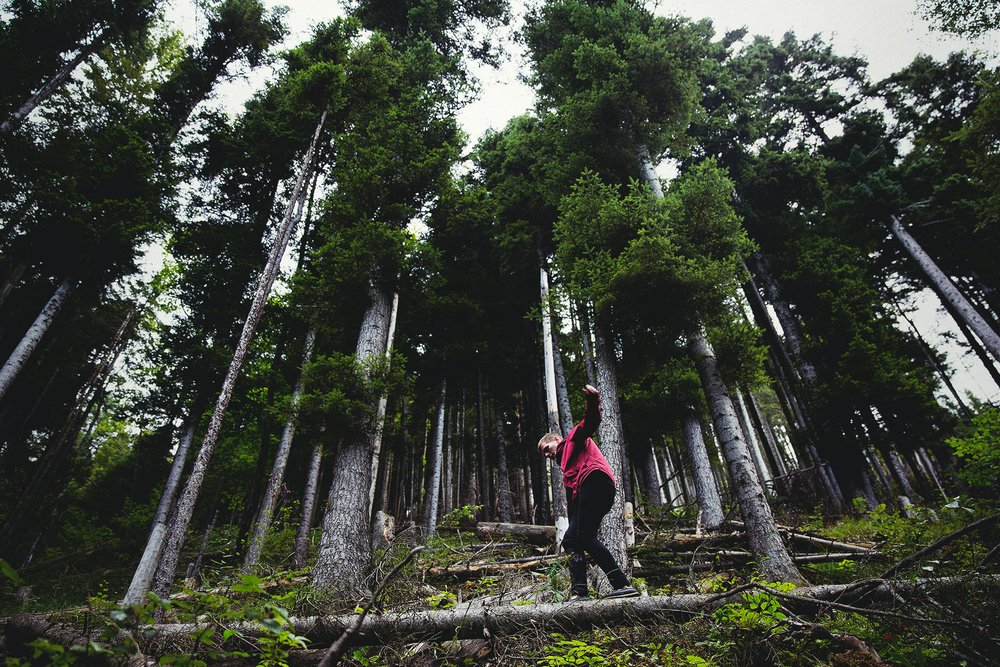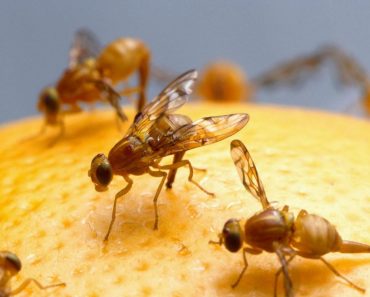These 10 small steps taken by you can save a forest and can save earth

reel paper
Forests are the earth’s lungs, vital for environmental stability as well as human health and happiness. 50 percent of all terrestrial species on the planet live in these gorgeous and historic habitats. Despite this, forests are under threat, particularly in tropical areas. Unsustainable agriculture, development, logging, and mining are destroying our planet’s forests at an alarming rate. The enormity of the problem astounds the mind—if current deforestation rates continue, tropical rainforests may vanish within the lifespan of today’s youth. Fortunately, we can adopt these ways for a better future.
-
Protect your local forests and trees.
Forests and trees, particularly large trees and mature forests, provide numerous benefits. They provide habitat for a diverse range of animals, store carbon, protect water quality, moderate the climate, and allow people to reconnect with nature. Encourage your local government to protect forests, build parks, and oppose harmful suburban sprawl and other developments. If you own forested land, consider volunteering with recreation department, or consider a conservation easement.
-
Plant as many trees as possible—the more the merrier!
-

reelpaper
Reforestation is an important aspect of combating climate change, and restoring previously damaged ecosystems provides key habitat for endangered species. Plant trees in your neighborhood or donate to organizations who do so globally. Remember that planting trees should never be used as an excuse to destroy existing forests, and when you donate, be sure that your funds are used to restore natural ecosystems rather than to plant timber monocultures that will be harvested.
-
Contribute to forest conservation groups.

reelpaper
Deforestation is offset and vulnerable ecosystems are conserved around the world by NGOs such as the TREE Foundation, the Nature Conservancy, the Sierra Club, the Center for Biological Diversity, and the Rainforest Action Network. In many countries where there is a lack of competent and environmentally friendly governance, NGOs provide critical organizational and financial support for a variety of conservation projects. Find a credible conservation organization that resonates with you and make a tax-deductible donation to them. Alternatively, find a local forest nonprofit and volunteer there.
-
Learn about local and global forests.
Learn about forests, their value, and the threats that they confront. The more you study about these amazing ecosystems, the more you’ll appreciate their beauty, complexity, and importance to the health of our planet. You can also motivate others to act with your newfound information! There are a plethora of wonderful books, websites, and videos to choose from.
-
Purchase products that are forest-friendly (or certified), such as shade-grown coffee.
Use your purchasing power to make a big difference in the fight against deforestation. Agriculture is responsible for 80% of global deforestation, with mining and logging also playing a role. Beef is by far the worst offender—along with causing massive forest destruction in the tropics, cows also contribute significantly to climate change by generating methane. When shopping, search for certifications from the Rainforest Alliance, Forest Stewardship Council, and Roundtable on Sustainable Palm Oil to avoid buying beef, soy, or uncertified palm oil from the tropics. These items are frequently found in food co-ops and natural food stores. Rather than being grown on cleared land, shade-grown coffee is grown under the canopy of a forest.
-
Demand improved product labelling so you can tell if a product is certified and sustainable.
Although certifications can provide consumers with vital information about a product’s environmental impact, the vast majority of products are not certified, and many businesses do not stock certified products. Demand that your local stores stock certified items, educate them on why this is important, and hold them accountable if they sell deforestation-causing products. Make a demand for sustainable products from the big food companies you buy from. Create campaigns that put pressure on businesses to boost supply chain transparency and switch to sustainable sourcing for their goods.
-
Become a proponent of climate change solutions.
Climate change is already having an effect on all parts of human society as well as the natural world, particularly forests. By disturbing the delicately balanced ecosystems on which innumerable creatures rely, a warmer climate will result in the extinction of many species. Droughts and fires are anticipated to become more frequent and severe in countries like Australia, Indonesia, California, and the highly biodiverse Amazon rainforest. Forests store carbon and directly affect rainfall and other climatic patterns, helping to mitigate climate change. Organize a campaign in your community to enact progressive climate policies, and try to reduce your own carbon footprint.
-
Make frequent trips to the woods.
Spend time in the woods and green regions; they’re breathtaking. You will have a stronger appreciation for and connection with nature, as well as positive health and well-being consequences. Society is becoming increasingly alienated and separated from nature as the world urbanizes and individuals spend more time online. So, get out there! Take a hike or go camping, have a picnic, or look for birds.
-
Use books and outdoor experience to teach children about forests.
Instill a love of our world in children, as they are the future. Read stories on trees with them, teach them about forest ecosystems, or better yet, take them to a park! Not only is nature beneficial to children, but it is also linked to positive environmental views in adults. Allow their curiosity to run wild—you might learn something new as well!
-
Tell others about your passion for forests.
Ignorance is one of the most potent causes of forest devastation. We must all do our share to spread the word about the value of forest ecosystems as ancient trees fall around the world and our culture becomes increasingly alienated from nature by cities and screens. Take a trip in the woods with your buddies or get them engaged in a local forest conservation organization. You can start by sharing this list on social media to raise awareness about forest issues. Without woods, humans will perish. Period. To ensure that these magical places remain and grow for our children and grandkids, we must all work together.





